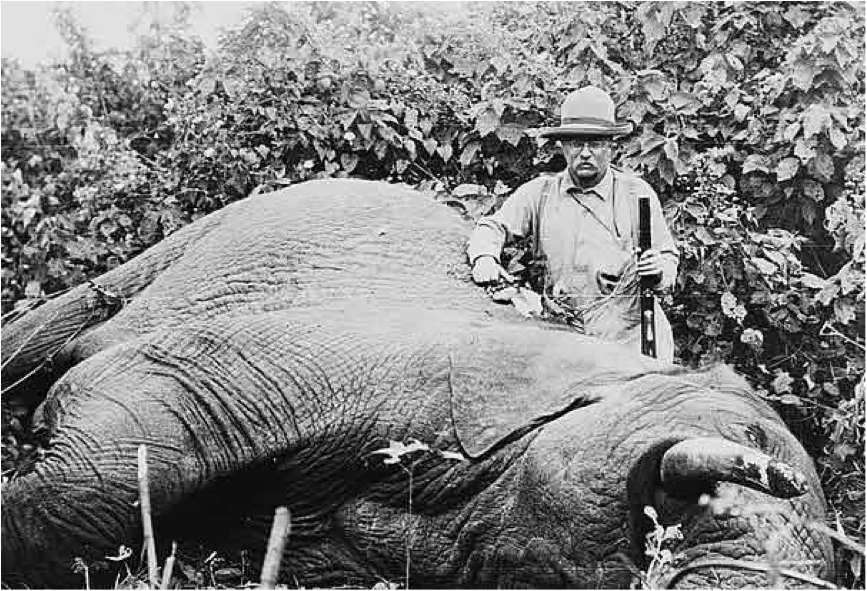Water Wars, Talking Water: Art, Activism and the Eco-politics of Whitman’s Walk to the Water
DOI:
https://doi.org/10.60162/swamphen.2.10595Keywords:
ecocriticism, nature writing, cultural ecologyAbstract
'Babble on, O brook, with that utterance of thine … I will learn from thee, and dwell on thee – receive, copy, print from thee' (Specimen Days 1882). Walt Whitman, in lyrical communion with a mountain stream (Timber Creek, New Jersey), pledges a reverence towards the natural world that is as instructive in the 21st century as it was in late 19th century America. Whitman 'sings' as poet-activist. in listening to the water, he voices a call to human beings to practice what is now referred to as ecological consciousness – or, in Timothy Morton's words, the 'radical openness of ecological thought'. That the waters of the stream 'minister' to the poet is doubly significant; for it is the degradation of rivers and streams worldwide that so graphically marks the despoliation of fresh water supplies globally, and, both geographically and symbolically, maps the battlelines of the looming water wars of our time. In this essay, I will trace connections between Whitman’s Transcendentalist conceptions of the poet (and artist) as prototypical political 'eco-activist' and the later writings of figures such as Rachael Carson (Silent Spring 1962) and Edward Hoagland (Sex and the River Styx 2011). Comparative reference will also be made to the 'wars' over water in Australia and the United States, and the role of rivers in the cultural imagination of both nations.
Downloads
Published
Issue
Section
License
Authors who publish with this journal agree to the following terms:- Authors retain copyright and grant the journal right of first publication with the work simultaneously licensed under a Creative Commons Attribution License that allows others to share the work with an acknowledgement of the work's authorship and initial publication in this journal.
- Authors are able to enter into separate, additional contractual arrangements for the non-exclusive distribution of the journal's published version of the work (e.g., post it to an institutional repository or publish it in a book), with an acknowledgement of its initial publication in this journal.
- Authors are permitted and encouraged to post their work online (e.g., in institutional repositories or on their website) prior to and during the submission process, as it can lead to productive exchanges, as well as earlier and greater citation of published work (See The Effect of Open Access).

